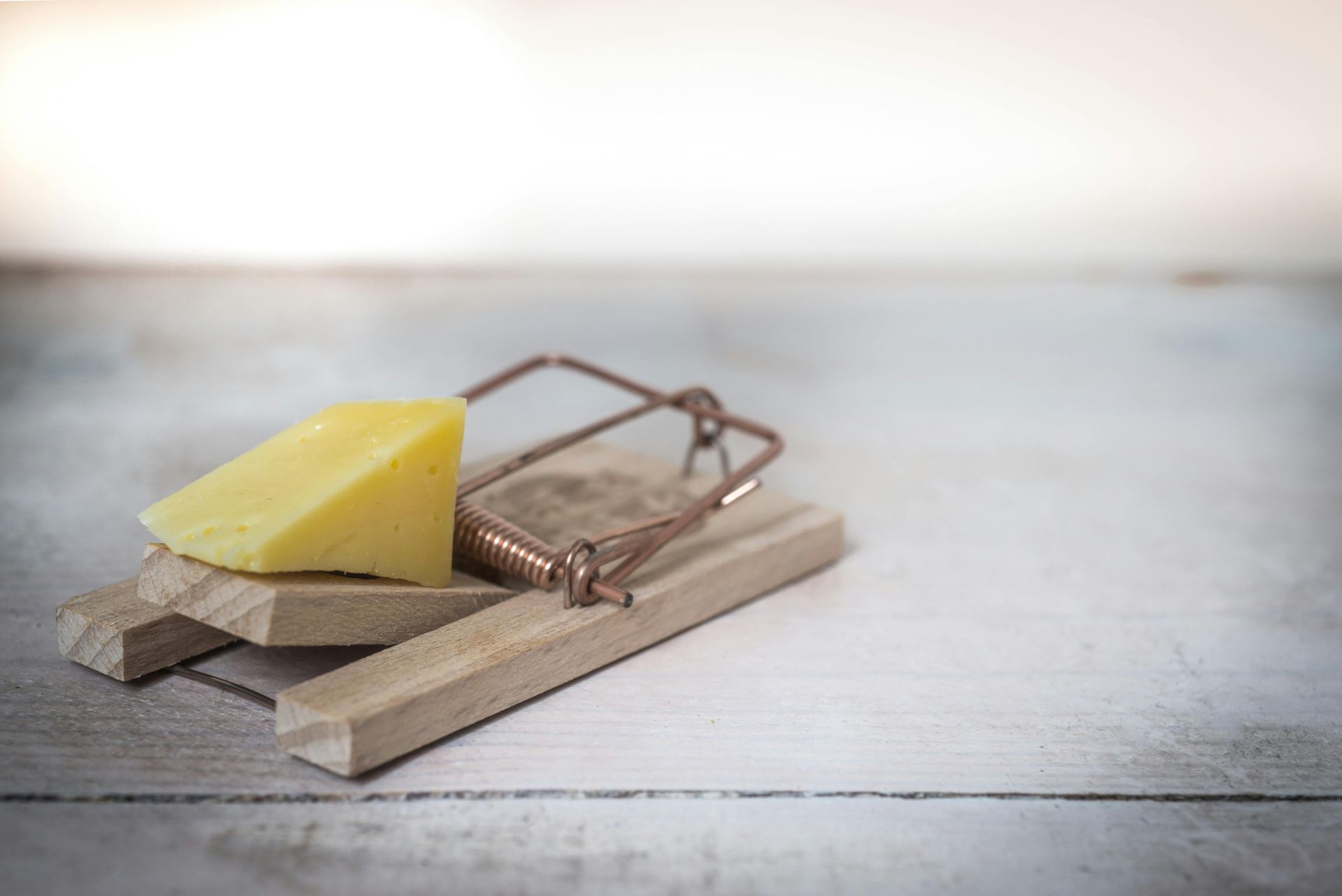Spring Statement
How is the spring statement going to affect you?
If you are late paying your self-assessment tax, HMRC will charge penalties that have doubled from 5% to 10% of the overdue tax. They will also charge another 10% penalty for any tax still unpaid after 6 months from when it was due. There will also be an increase in VAT penalties and anyone registered for Making Tax Digital for Income Tax Self-Assessment. The rates have risen from 2% to 3% for 15 days overdue and 4% to 10% after 31 days.
The government will carry out a review of ISAs. For now, there is an annual cap of £20,000 for adult cash,stocks and shares and lifetime ISAs remain for 2025/26. But there have been hints that while the £20,000 will continue, only £4,000 will be allowed for cash savings.
In terms of MTD ITSA for very small businesses (including landlords), there was an announcement that if your annual turnover exceeds £20,000 in 2026/27, you will have to register for MTD ITSA and start using it from 6th April 2028.
Any questions about what has been announced or how it could affect you and your business? Give us a call on 01622 738165 and we can answer any queries you may have.








